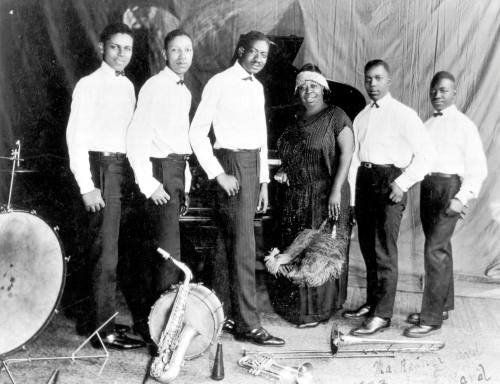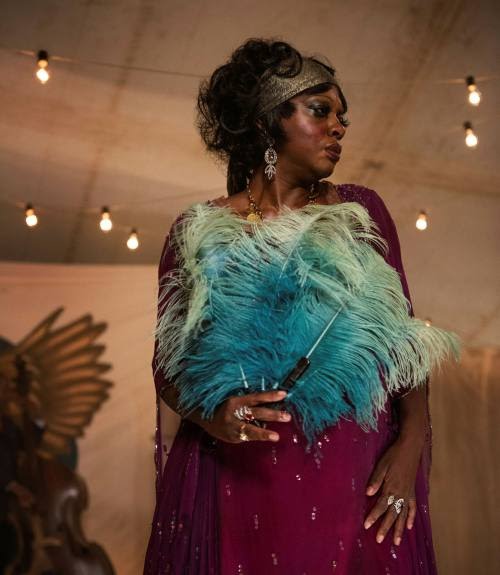The fight is not easy and it is not over,” says Viola Davis. Even as one of the most acclaimed actresses of her generation, she is still battling prejudice. “Taking control of your destiny in Hollywood isn’t enough. You need to do the walk, to keep pace with stiff competition. You’re fighting for those projects on the same playing field as your white counterparts.”
Fight has been integral to Davis’s long journey towards becoming the first African-American actor to achieve the elusive “Triple Crown”, winning an Oscar, an Emmy and a Tony Award. Davis, 55, who began her career in the mid-1990s, has earned two Tonys (for Fences and King Hedley II), an Oscar (for the film version of Fences) and an Emmy (for the TV series How to Get Away with Murder).

Yet it is not the acclaim that keeps her going — on the contrary. “A big motivating factor for me is feeling that I’m not valued,” she says. “It either makes me come up like a pit bull or feel like crap.”
If Davis is looking for an inspirational figure, she need look no further than the titular character she plays in her latest movie, Ma Rainey’s Black Bottom — a Netflix movie that might well win her another Oscar nomination. Produced by Denzel Washington (who directed and co-starred with her in Fences), and directed by George C Wolfe, Ma Rainey is adapted from August Wilson’s 1983 play, one of 10 comprising his epic cycle about the African-American experience. Set in Chicago circa 1927, the drama centres on a recording session during which Davis’s strong-willed southern blues singer clashes with Levee, a hot-headed musician played by the late Chadwick Boseman.

A real historical figure, Gertrude “Ma” Rainey toured with her husband Will “Pa” Rainey on the Chitlin’ Circuit, which staged shows that often mocked people of colour but also provided them with a rare commercial outlet in an era of racial segregation. “The establishment called the Blues ‘the devil’s music’ because black people sang it,” Davis says. “A negative connotation was placed on it, when it was really a form of expression in a culture that literally took away their voices.”
But Ma Rainey was having none of it. “She was always up for the fight, and always unapologetic,” enthuses Davis.
For all her frankness, however, there were also incongruities. For one thing, she was married but had a female love, Dussie Mae (played in the film by Taylour Paige). “Ma Rainey was the kind of woman who went to orgies on Thursdays, and by Sunday she was at church. She was beating up a 200lb man in a bar on Saturday, and on Sunday she was praising the Lord. She was a mass of contradictions, like any human being, but at the centre there was a woman who absolutely stood firm for what she was worth.”

In taking on the role, Davis was determined that all the choices she made were based on fact, though she found only seven photos of the real Ma Rainey: “They show her as a striking physical presence, having dark skin, her hair was made out of horsehair, her mouth full of gold teeth, make-up so thick it looked like greasepaint melting off her face. She always looked wet, dripping with sweat.”
And Davis was uncompromising in her search for the inner and outer truth of the character — even if it makes audiences feel uncomfortable. “You may look at her and go ‘Oh, wow’ because she looked strange and funny. I wanted that specific body structure of a large-sized woman. I totally went for her look to honour her, I didn’t care about honouring the comfort of the audience. I really felt liberation once I had that padding on, I felt freer swishing my big hips, saying, ‘look at me’.”
For Davis, who grew up poor in Central Falls, Rhode Island, it was joyful to play someone who reflected the women she grew up with, “women who felt confident about themselves, about their bodies, about their abilities, women who would cuss out if men crossed the boundaries with them”.
